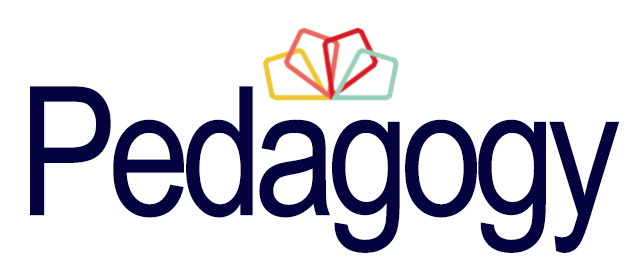
Aims:
-
To identify ways in which poetry can be used as a tool for reflection, particularly for teachers and those supporting academic provision
-
To identify and highlight examples of best practice in the use of poetry and other creative approaches to reflection
-
To cultivate a community of practice around the uses of poetry for reflection on and in teaching and learning
Why poetry?
Poetry provides a gateway into reflection and can offer up fresh perspectives on learning events.
Refining the structure, rhythm and wording encourages deeper reflection on the significance of the event and, in forming a connection with the reader, seeks to situate this within a wider context.
The use of metaphorical language in poetry may also allow the writer to explore difficult topics or overcome feelings of vulnerability that may otherwise hold them back.
Reflection, poetry and education – Longfella
University of Salford Doctor of Letters and poet Tony Walsh AKA Longfella shared:
“A reflective practice requires the practice of reflection and poetry provides the perfect lens through which to do this. Anything which brings imagination, creativity and fun to the vital work of education must surely be time well spent.”

Reflection and poetry – Prof Scott Thurston
Professor of Poetry and Innovative Creative Practice Scott Thurston shared some thoughts on reflection for poetry and creative writing:
“I think every writer I know at some point has been in the position of needing to reflect on and perhaps articulate what they are doing as an artist."
“I think one of the hardest things to do if you are a writer is to sustain and grow a practice long term, but reflection is one of the key ways to make this possible."
“Poetry itself is a great medium for reflecting, and I've been doing it myself for over 30 years”
Poetry for reflection – Dr Sam Illingworth
Dr Sam Illingworth has written extensively on the use of poetry in pedagogy, science communication and is the founder of Consilience , the world’s first science & poetry peer-reviewed journal.
His work on poetry for reflection in Higher Education utilises Gibbs’ reflective process to prompt reflections which are then refined into a poetic form under the guidance of a poet facilitator. This demonstrates how a reflective model can be used to scaffold an activity which may be out of the ‘comfort zone’ of some participants.
We are delighted to host Dr Sam Illingworth for a Spotlight session on using poetry for reflection which can be booked via the QR code.
References:
LSE Higher Education (2024) Rhyme and reason: poetry’s power as a pedagogical tool . Available at: https://blogs.lse.ac.uk/highereducation/2024/02/22/rhyme-and-reason-poetrys-power-as-a-pedagogical-tool/ [Accessed: 05 February 2025].
The University of Edinburgh (2024). Reflection Toolkit . Available at: https://reflection.ed.ac.uk/ [Accessed: 5 February 2025].
All materials included in this article represent the authors own work and anything cited or paraphrased within the text is included in the reference list. This work has not been previously published nor is it is being considered for publication elsewhere. No conflicts of interest exist.

Scan the QR code to access further resources and share your thoughts


